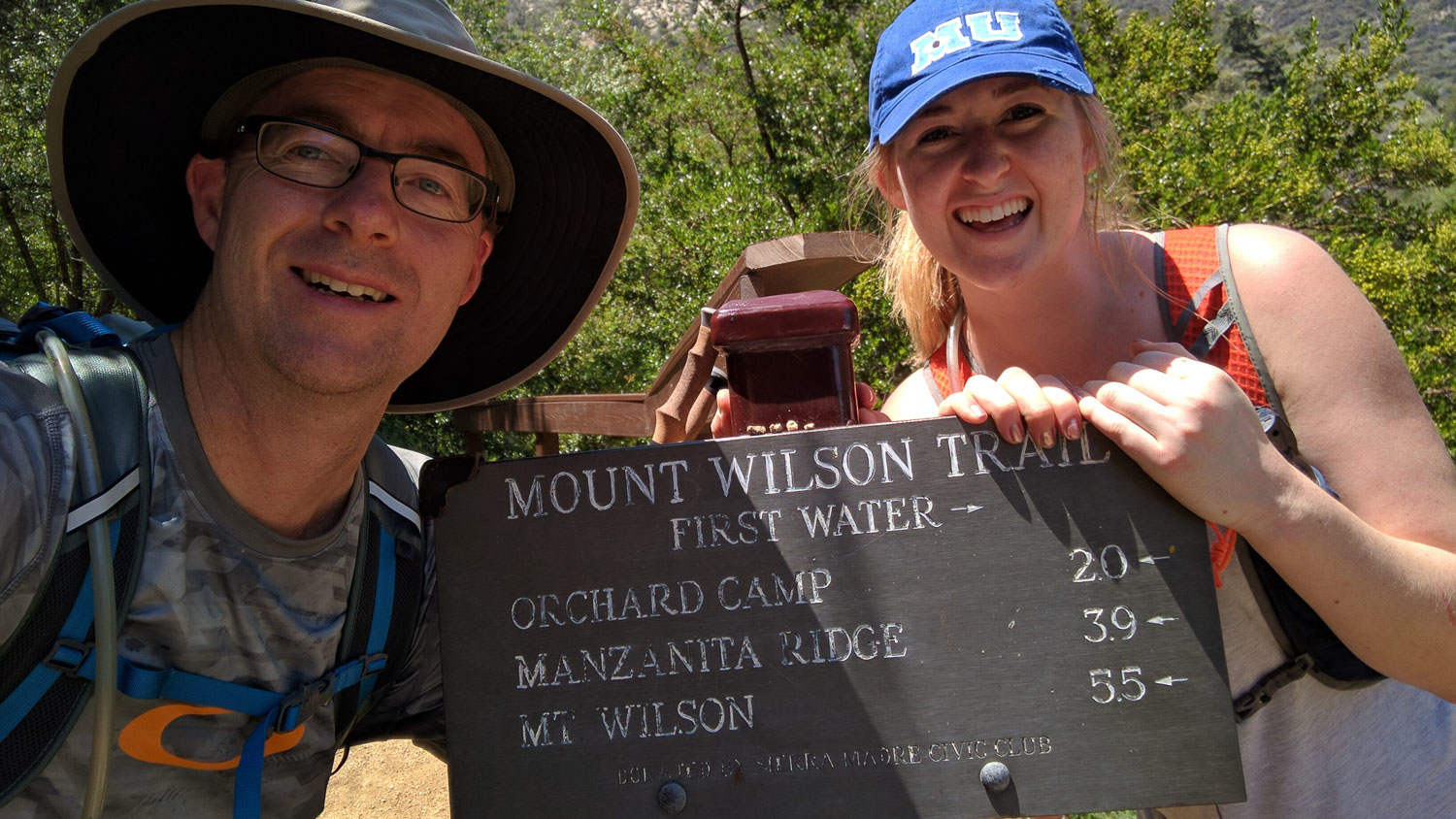[dropcap style=’box’]M[/dropcap]illennia ago, biblical and historical texts show the Israelites, Jesus, and the members of early Christian monasteries spending significant time in remote wilderness or backcountry areas to improve relationships. More recently, camps and adventure programs such as Summit Adventure have continued this practice by taking participants out on wilderness courses, lasting from a few days to several weeks.
While research has long documented the success of this approach in improving interpersonal skills, a new study sheds light on using backcountry living as an integral way to improve relationships between dads and their children. By extension, it is not hard to see how the same approach would also help relationships between mothers and children as well.
This post introduces the first reason parents should spend time together in the wilderness with their kids.
Reason #1- Shared experiences are the foundation of healthy relationships
For all of us parents searching for more ways to bond with our children, it turns out that the most effective connections may occur when we share adventurous experiences together. In reverse of the current trend for more machines or technology to make our lives more efficient or productive, researchers are finding that the recipe to improve relationships between parents and their children is made from time-tested ingredients.
For the first component, take the parents and kids out of their normal environments and place them in a rugged wilderness setting far from electronic gadgetry and other distractions of contemporary American life. Next, add a few straightforward physical challenges that can be reasonably accomplished together. Third, fold in some purposeful time to reflect together on how these experiences can make a difference back home.
The results: increased trust, deeper communication, and meaningful time spent together that will help form deeper bonds in the years to follow.
The research validates our intuitive sense that this kind of shared time between parents and children can provide powerful opportunities to build stronger relationships. Imagine how effective five days of purposeful challenges combined with in-depth reflection could be in strengthening relationships between parents and children.
On an Adventures in Fatherhood course, a particular father/son pair had come with significant relational problems. The 16-year-old son, who we will call “Michael,” blatantly scorned his father, “Joe,” who struggled mightily with many of the course activities. By the time this pair was making ready for their side-by-side rappel, Joe was exhausted and fearful. He could not force himself over the cliff’s edge, further angering Michael, who then asked to rappel alone.
Joe cried at this “failure,” and when encouraged to try an easier rappel, he reluctantly agreed. By the time we had him ready to go, Michael and the rest of the fathers and kids had assembled at the base of the new rappel. Joe began tentatively at first, but quickly gained confidence. Halfway down, he was laughing and dancing across the rock, which sent out wild cheers from everyone but Michael–who gawked in astonishment.
When Joe touched down, the group broke out in boisterous tearful applause. This proved to be a breakthrough moment for the father and son. Joe had pulled off a great success, recognized by an entire group of people outside his family–and Michael had a reason to be proud of his father.
Their relationship began to soften dramatically. The duo time that followed instigated some very significant conversations that broke through the walls between them. Instructors noted a physical closeness and emotional warmth that appeared in the days to follow. Clearly, the rappel and duo time were powerful shared experiences between the two that would encourage them long after the course was over.
Researchers have found that rappelling and “duo time” together are the most powerful events of these AIF courses in California’s High Sierra.¹ There is something unique about sharing the fear, beauty, physical challenge, and accomplishment of backing off a sheer cliff with your teenage son or daughter that causes relational bonds to grow tighter. The experience is further enhanced during “duo time” when father and child translate thoughts and feelings generated from the rappelling into their everyday lives and relationships back home.
The conversations that flow from rappelling are filled with discovery and depth. Participants report learning a great deal about one another, and, like Joe and Michael, these experiences mark the first time they have ever shared something significant together. As one 17-year-old daughter remarked, “This is the first time my dad and I have ever really talked.” Sometimes, a unique and powerful experience is what it takes to jumpstart relationships between parents and kids.
The numerous distractions that surround us every day make shared experiences very difficult to create with our children. Even in Jesus’ day, he needed extended time in remote places to renew his energy and focus for his mission.
Like most things worthwhile, however, the effort it takes to concentrate solely on our children pays huge relational dividends. When parents and children face challenges together in the wilderness, they strengthen the foundation of their relationship with those powerful memories.
Sources:
1. Davidson, C., & Ewert, A. (2012). Enhancing social support through adventure education: The case for fathers and sons. Research in Outdoor Education, 11, 63-73.

